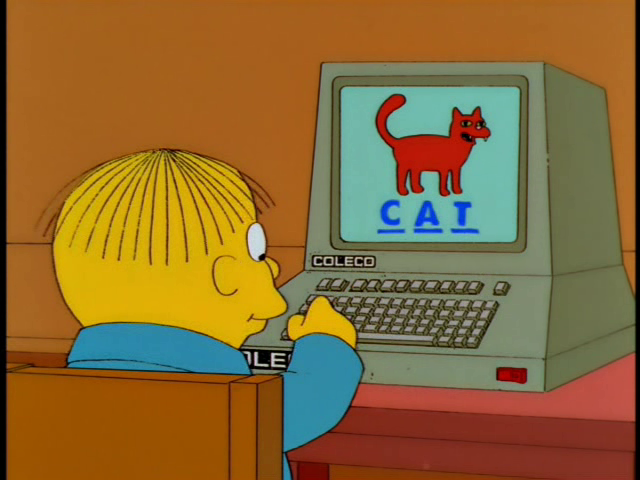Matt Bradley, SVP of Development at Oracle will likely be well known to listeners; he’s a familiar face to customers and partners and can often be found talking about Oracle’s EPM strategy at conferences and other events.
Matt has worked for Oracle not just once but twice, led a healthcare decision support company way back when we still called it decision support, and joined Hyperion as the development for Planning on Valentine’s Day 2000. Listeners old experienced enough to remember the very first release of Hyperion Planning can thank Matt.
We talk about the future of on-premises Oracle EPM and Oracle’s policy of offering a rolling ten-year runway to customers who haven’t yet decided to move to Cloud for some or all of their business processes, how many customers remain in that position (via a gentle dig at a notable competitor’s market penetration), and about why that might be. Speed to a revised plan is becoming more and more crucial and we Matt shares his thoughts about how this can be supported via ML, IPM and Gen AI features. These features are a definitive break from the EPM past which have enthused the development team. We also learn about where that team sits in the world, how developers are selected and how the EPM development group works together with other Oracle teams.
Matt also talks about his customers, describing just how much (or little) of a customer’s activity can seen by Oracle – they can measure the adoption of new functionality, for example – and the way that newer entrants to the workforce have brought with them higher expectations of user experience that match what they see in non-enterprise application software.
Finally we talk about life outside of work. Raised in Warrenpoint, Northern Ireland and educated in Belfast, Matt and his family now reside in Dublin (but the Californian one). Matt is married to his high school sweetheart whom he met while performing in a stage production of They Shoot Horses, Don’t They? – which, respectfully, your hosts would not have guessed given a dozen attempts. Matt shares his tastes in literature, film and his admiration for (arguably) Northern Ireland’s greatest footballer of all time.
Spend an hour with Matt (and us) by listening to the entire episode.
Join us, won’t you?


